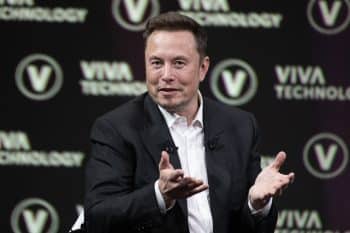The chief executive of SK Siltron's US subsidiary told Reuters that it plans to invest US$300 million in Michigan to expand its silicon carbide wafer manufacturing and add 150 jobs to support the production of electric vehicles in the United States.
The investment announcement comes at a time when US automakers are spending tens of billions of dollars to promote electric vehicle production, and the Biden administration has sought US$174 billion in funding to expand subsidies for electric vehicles and charging networks.
This investment is the latest sign that as automakers move away from internal combustion engine vehicles, demand is expected to surge, and electric vehicle suppliers bring production closer to their largest customers.
SK Siltron CSS, a subsidiary of South Korea-based global semiconductor wafer producer SK Siltron, stated that the investment in the next three years would more than double the company’s number of employees and add a new 140,000 square foot facility in Michigan,
SK Siltron CSS Chief Executive Jianwei Dong told Reuters the $300 million investment would "help develop a domestic EV supply chain based in Michigan because we have our end customers in nearby communities." The investment will "help EVs go further and charge faster."
The company is working on expanding to meet rising needs quickly. "Right now, we are seeing so much demand from customers," Dong said, adding that the company is considering additional investments and that the wafers can also be used in 5G communications equipment.











